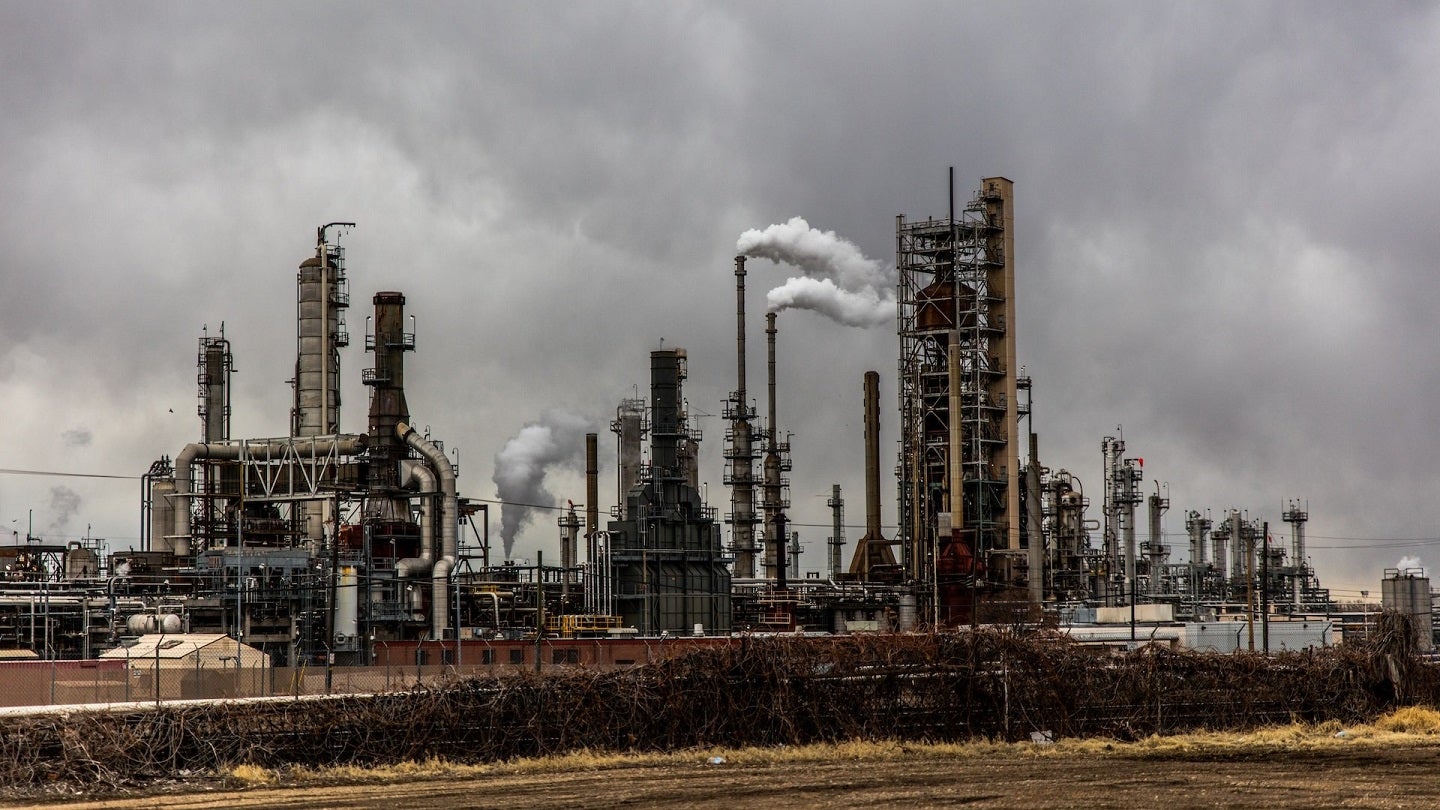
Shell has narrowed down the list of bidders to at least four companies for its Singapore refinery assets, reported Reuters, citing sources.
Global energy trader Vitol, state-run China National Offshore Oil Corporation (CNOOC), and Chinese chemical companies Eversun Holdings in Fujian province and the Befar Group in Shandong province have been shortlisted.
Shell has requested formal proposals from the interested parties by the end of February 2024, the sources said.
The UK-based oil and gas company aims to complete the sale by 2024, they added.
Located on Singapore’s Bukom island, the assets comprise a refinery producing 237,000 barrels per day and an ethylene plant with a capacity of one million metric tonnes per year.
Shell is selling the assets as part of a review of its refining and chemicals business and has hired Goldman Sachs for the potential sale.
How well do you really know your competitors?
Access the most comprehensive Company Profiles on the market, powered by GlobalData. Save hours of research. Gain competitive edge.

Thank you!
Your download email will arrive shortly
Not ready to buy yet? Download a free sample
We are confident about the unique quality of our Company Profiles. However, we want you to make the most beneficial decision for your business, so we offer a free sample that you can download by submitting the below form
By GlobalDataA representative of the company said that following a strategic review, “divestment is our priority focus now”.
The representative refrained from commenting regarding potential buyers for the assets or an estimated period of sale.
Requests for comment from CNOOC, Vitol, Befar and Eversun were not answered, and Goldman Sachs declined to comment on the news, reported the news agency.
Shell’s Bukom facility, which opened in 1961, was once the company’s largest refining and petrochemical complex.
Acquiring the facilities on Jurong and Bukom islands would provide an entry point into Asia’s primary oil trading hub, but the buyer would also have to compete with new refineries in China and other regions, the news report noted.
In addition, the buyer would have to deal with the anticipated significant increase in Singapore’s carbon tax in 2024, which would raise the plant’s operating expenses.
The amount Shell is requesting for the assets was not clear.
Early last month, Shell, through its subsidiary Shell Petroleum Company, signed a deal to sell its assets in Pakistan to Wafi Energy, a Saudi Arabian company.



